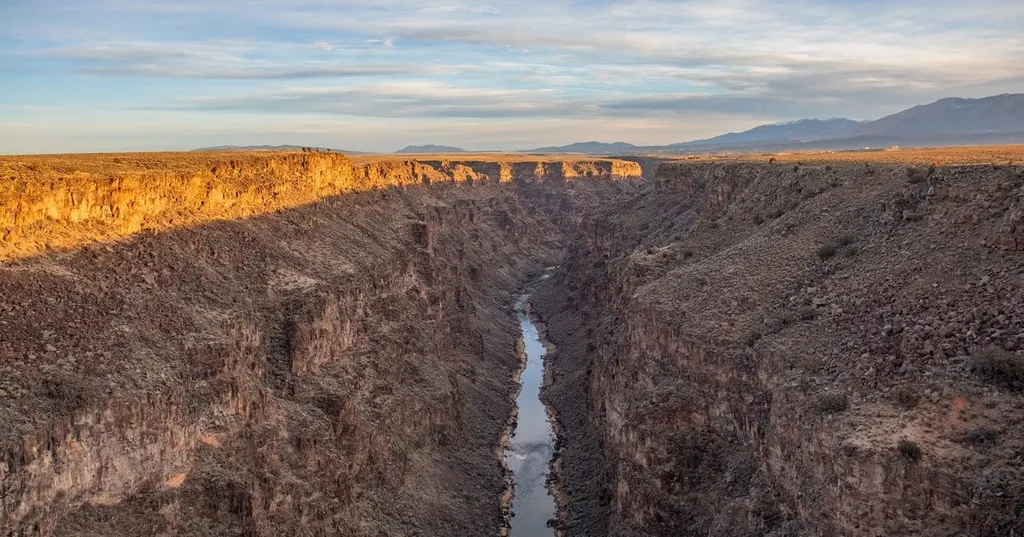The Rio Grande-Bravo basin, a vital water source shared by the United States and Mexico, is facing a severe water crisis that demands urgent attention. Recent research published in *Discover Water* reveals that the basin’s water storage reservoirs, aquifers, and annual streamflow volumes have been significantly depleted, leaving little room for continued overconsumption of renewable water supplies. The study, led by Brian D. Richter of Sustainable Waters, provides a comprehensive accounting of water consumption in the basin, highlighting the dire need for sustainable water management practices.
The research estimates that only 48% of the water directly consumed for anthropogenic purposes is supported by renewable replenishment. The remaining 52% is unsustainable, leading to the depletion of reservoirs, aquifers, and river flows. This overconsumption is primarily driven by irrigated agriculture, which accounts for 87% of direct water consumption in the basin. “The overconsumption of renewable water supplies is primarily due to irrigated agriculture, which accounts for 87% of direct water consumption in the basin,” Richter explains.
The water crisis has already had significant commercial impacts on the agriculture sector. Water shortages have contributed to the loss of 18% of farmland in the river’s headwaters in Colorado, 36% along the Rio Grande in New Mexico, and 49% in the Pecos River tributary in New Mexico and Texas. While farmland contraction in the U.S. portion of the basin has resulted in lowered irrigation consumption and reduced water use in many cities, irrigation in the Mexican portion of the basin has increased greatly, keeping basin-wide consumption high.
This severe water crisis presents an opportunity for envisioning a more secure and sustainable water future for the basin. The research underscores the need for a swift transition to avoid damaging consequences for farms, cities, and ecosystems. As Richter notes, “This severe water crisis presents an opportunity for envisioning a more secure and sustainable water future for the basin, but a swift transition will be needed to avoid damaging consequences for farms, cities, and ecosystems.”
The findings of this study could shape future developments in water management and agricultural practices. By highlighting the unsustainable nature of current water consumption patterns, the research calls for innovative solutions and policies that promote water conservation and efficient use. This could include investments in water-saving technologies, improved irrigation practices, and policies that incentivize sustainable water use.
The research published in *Discover Water* by lead author Brian D. Richter of Sustainable Waters provides a critical assessment of the water crisis in the Rio Grande-Bravo basin. It serves as a wake-up call for stakeholders to take immediate action to ensure a sustainable water future for the region. The commercial impacts on the agriculture sector are already evident, and the need for a swift transition to sustainable practices cannot be overstated. This study not only highlights the current challenges but also offers a pathway to a more secure and sustainable water future.

